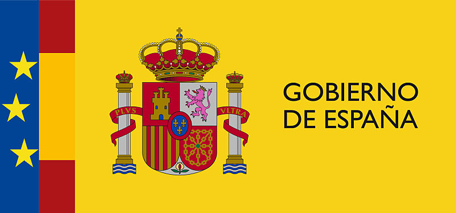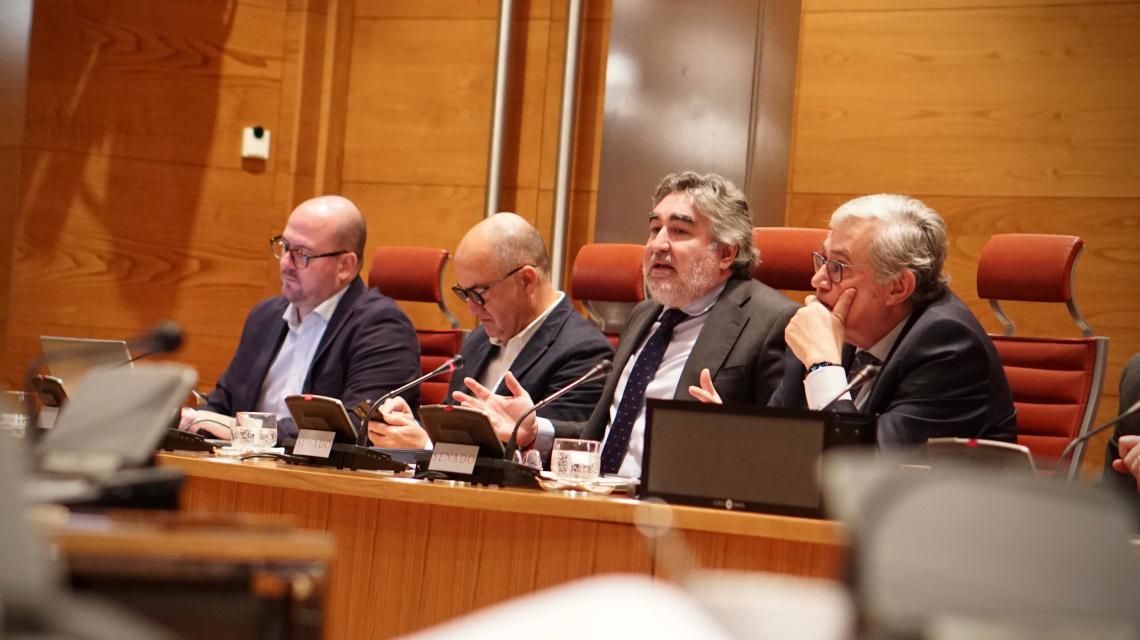Rodríguez Uribes highlights in the Senate the transformation of sport in the cycle of greatest public investment in history
Madrid, November 27, 2025.- The President of the Higher Sports Council (CSD), José Manuel Rodríguez Uribes, appeared on Thursday before the Senate Committee on Education, Vocational Training and Sports, where he presented the advances that the Government of Spain is promoting in sports in the cycle of greatest public investment in history.
During his speech, Rodríguez Uribes stressed that, since 2018, the Government of Spain has allocated “more than 2.1 billion euros” to the development of the sports sector, a strategic area that represents 3.3% of the national Gross Domestic Product.
This investment effort is making it possible to bring sport and its benefits closer to all territories, expand opportunities and strengthen social cohesion, as highlighted by the president of the CSD when he details the public sports policies that this Government is promoting.
In the last seven years, as explained by Rodríguez Uribes, the CSD has extended its “support to all Autonomous Communities”, in order to promote the modernization of facilities, promote physical activity in rural areas and promote sustainable sports tourism linked to sport.
Key to the fulfillment of these objectives has been “the decision of the Government of Spain to include sport as a tractor element” within the Recovery, Transformation and Resilience Plan designed to overcome the COVID-19 crisis and allocate “300 million euros to this sector”, has abolished. Of these 300 million euros, 113 have been distributed among the Autonomous Communities to guarantee sports development throughout the territory under the principles of “cooperation and loyalty between the different Administrations,” he said.
Rodríguez Uribes has also highlighted the support for the Spanish sports federations, which have received “more than 700 million euros in subsidies in the last seven years”.
In 2024 alone, the CSD has granted 153 million euros in aid for the development of the federal model, which is “more than double the 73 million euros granted in 2018,” he said.
In the words of the president of the CSD, these resources have allowed progress in the professionalization of the federative structures, improve the Olympic and paralympic preparation for the next cycle - with the Games of Milan-Cortina d’Ampezzo 2026 and Los Angeles 2028 in the horizon - and recognize and support the athletes integrated in the teams and in the national teams.
Sport as a state policy
In addition, José Manuel Rodríguez Uribes has detailed the initiatives aimed at consolidating sport as a true “State policy”, based on equality, inclusion and good governance, also underlining its vocation to build on the “consensus” and “collaboration” between the different sports agents.
Among the actions that the CSD has promoted in the last seven years, Rodríguez Uribes has highlighted “the professionalization of women’s sport”, the “equalization of medal awards between Olympic and Paralympic athletes”, the creation of the new Team Spain program to guarantee the best preparation of athletes and national teams and the promotion of support programs to high-level athletes, with special attention to academic and professional development through the dual career.
The Secretary of State for Sport has also reviewed CSD’s support for the organization of major international sporting events, such as the 2030 World Cup or the 2031 Ryder Cup. This strategic line reinforces “the international projection of Spain” as a reference country in sport, tourism and sustainability. “Spain is today a country admired for its organisational capacity and its commitment to sporting values,” said Rodríguez Uribes.
Among the next objectives, as explained by Rodríguez Uribes is the continuation of the regulatory development of the Sports Law – “a modern law suitable for the times we live in in relation to sport”, he remarked – and the updating, ten years after its approval, of the Royal Decree-Law that regulates the commercialization of the audiovisual rights of professional football competitions so that the text takes into account the organization of the 2030 World Cup, incorporates the reality of women’s football and allows to improve some dimensions of the governance of the model, providing it with greater transparency.
- Images for editorial use available in: https://flic.kr/s/aHBqjCCaNf



